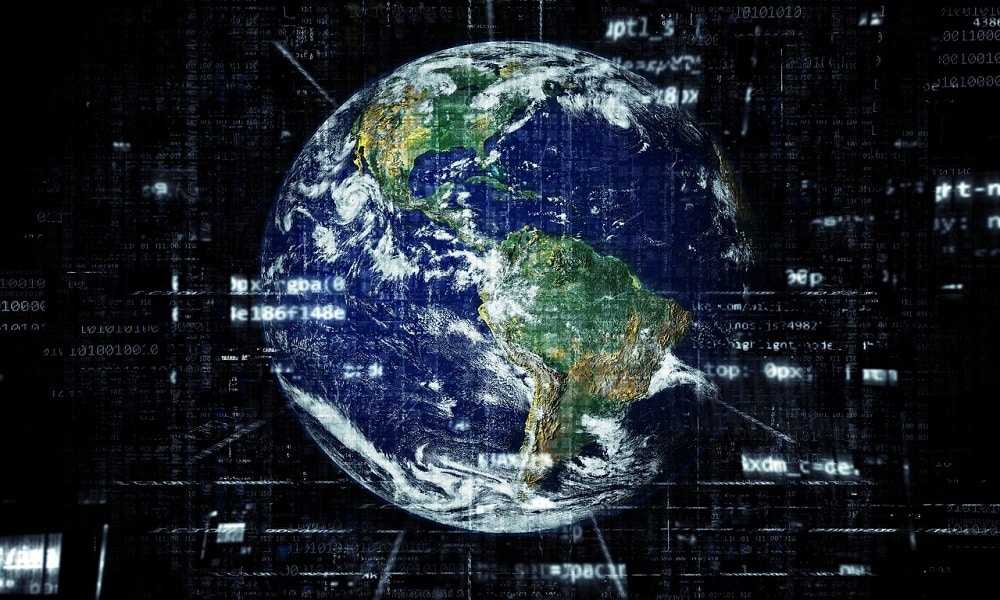Urban areas are constantly evolving, presenting a mix of advantages and challenges. Each of these challenges must be addressed using customized solutions in today’s urban landscape to ensure efficiency. One prominent challenge that definitely needs special attention is the increasing demand for weather forecasts in the face of accelerated urbanization.
With the rapid expansion of cities comes greater susceptibility to weather fluctuations and extreme events. While conventional forecasting techniques have been reliable over time, the integration of artificial intelligence (AI) offers superior precision when it comes to predicting weather patterns. Exploring why AI-driven weather forecasting is particularly well-suited for urban planning reveals its potential to revolutionize the development of cities.
Improving Precision and Dependability
Artificial intelligence offers forecast precision as it is powered by machine learning algorithms. These are utilized to swiftly analyze data sets and identify patterns that may be challenging for us to detect using human analysts. These systems are also self-learning and can continuously enhance their predictions, ensuring urban planners have reliable information for their forecasts over time.
Processing Data in Time
Using AI in weather forecasting is highly effective for handling data—a vital aspect of contemporary weather forecasting techniques—and also affects the quality of many lives. The utilization of data from origins such as satellites, sensors, and past data enables AI systems to offer swift and precise updates on weather conditions. This immediate access to information enables city planners to promptly address changes in weather conditions to prevent interruptions and ensure appropriate safety measures.
Enhancing Readiness for Disasters
Urban areas are at greater risk from damages caused due to weather challenges such as hurricanes and heat waves. AI in weather forecasting supports city planners in improving disaster readiness and management. By forecasting weather events using AI technology, cities can plan and arrange for resources efficiently, safeguard vulnerable populations, and reduce potential harm to human lives. AI-based early warning systems also facilitate timely evacuations, promoting safer living conditions in urban environments where the safety of citizens is a top priority.
Enhancing the Layout of Infrastructure
Cities rely heavily on modern infrastructure to operate smoothly and efficiently. Urban planners use AI predictions to create infrastructure that can withstand changing or extreme weather patterns. For example, when designing drainage systems, expected rainfall must be factored in so as to ensure efficiency and reduce instances of damage. Similarly, constructing buildings that can endure strong winds is an effective strategy to avoid repeated, expensive repairs. Integrating AI-based forecasts into such planning processes ensures that urban structures are strong and adaptable to the possible future.
Advocating for the Advancement of Growth
Urban planning today heavily emphasizes sustainability, with eco-friendly and economic living being the top priorities. By utilizing AI predictions and insights, city planners can efficiently integrate factors like green and cost-effective solutions into their strategies. By gaining insight into weather trends, urban areas can be better planned to manage energy consumption, reduce emissions, and improve the development of public spaces. This approach supports the creation of enduring and eco-friendly communities.
Enabling Smart City Projects
Smart cities focus on leveraging technology to improve city life. AI weather forecasting supports these efforts by offering data for smart solutions across various areas, such as public transportation optimization and energy grid management. By incorporating AI into planning, it facilitates the integration of technology with infrastructure.
Improving Overall Safety
Ensuring public safety is a key concern in development strategies. Automated weather forecast predictions enhance safety protocols by providing accurate forecasts. This data aids officials in strategizing for emergencies. By collaborating on response plans and keeping the public informed, communities experience increased safety. AI-generated analyses assist in reducing hazards linked to weather conditions.
Achieving Affordable Planning Costs
Budget limitations often present challenges for city planning and decision-making processes. Cities can enhance their planning efficiency by incorporating AI-powered weather forecasts. This approach enables them to make informed financial decisions based on weather predictions, helping to reduce unnecessary spending on emergency responses and infrastructure repairs. By reallocating funds toward initiatives, cities can optimize resource allocation and alleviate financial strain.
Boosting the Strength of Local Communities
In cities around the world, communities flourish by adapting and recovering from challenges. The use of AI technology in predicting weather patterns contributes to this resilience by providing insights to residents. With access to weather forecasts, people can make informed choices to safeguard their loved ones and property. This knowledge-sharing fosters unity within neighborhoods and strengthens the resilience of urban areas.
In Summary
AI weather prediction is a game changer for city planning as it boosts precision and enhances disaster readiness while promoting growth. This technology is valuable for urban development in today’s rapidly evolving cities. By adopting AI-driven forecasts, urban planners can create efficient cities that are well-equipped to tackle future challenges, ultimately enhancing residents’ overall quality of life.


